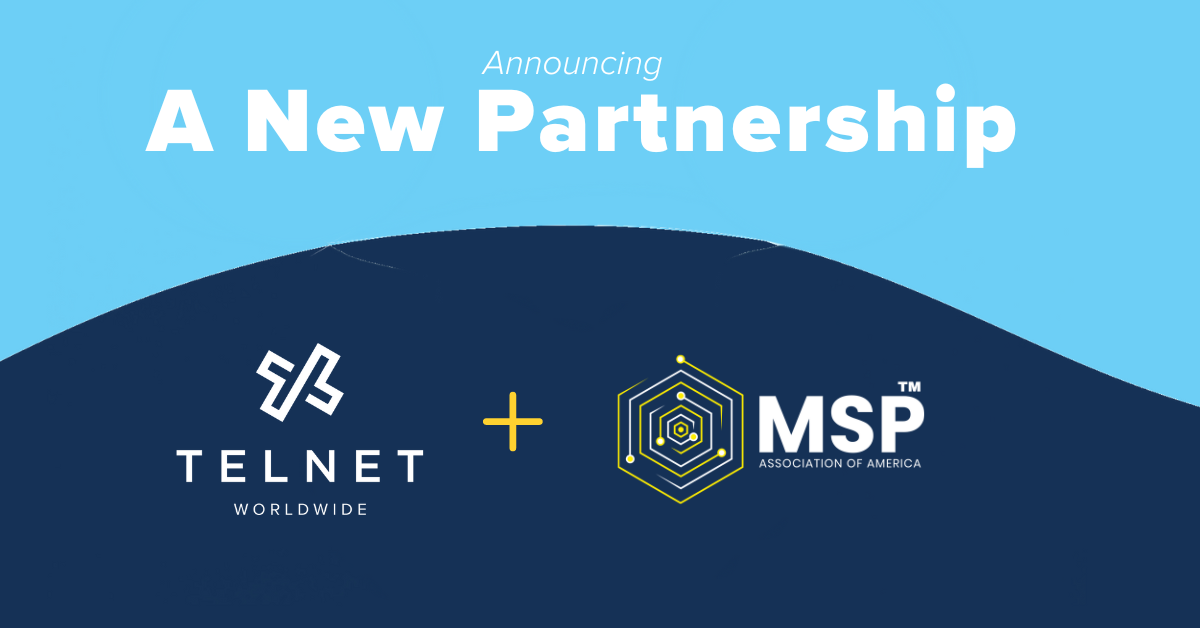So your company collaborates on Microsoft Teams, and you love it. And now you’re ready to take the next step and make it your primary phone system as well. After weighing your options between Microsoft Calling Plans and Direct Routing, you’ve made the cost-saving decision to implement Direct Routing from your voice service provider.
Wonderful! But now you have another decision to make: How are you going to deploy your SBC to enable Direct Routing? You have two options: keep it on-premise or host it in the cloud.
What is an SBC?
A session border controller, or SBC for short, is a device used in VoIP communications that controls the signaling that initiates, conducts and concludes a voice call, and sometimes other interactive media communications.
In the context of a telephony, the call itself is considered a “session.” Every session is made up of data that carries the audio, call stats and call quality, and sometimes video as well. The SBC, then, acts as a crossing guard for these data streams.
“Border” refers to points of demarcation between parts of a network. Your organization likely has a corporate network that includes everything inside of your organization. There’s then a firewall at the edge of the network that demarcates that internal network from the rest of the internet. The SBC manages the flow of data for every session across this border.
At this point, “controller” should be obvious. An SBC controls the flow of data during a session. In this way, SBCs are critical to the functioning of modern calls.
The Role of an SBC in Direct Routing
When using Direct Routing, your SBC will be connected directly to the Microsoft Phone System. In order for a provider to offer Direct Routing in the first place, they need Microsoft certified SBCs. Certification involves each device being rigorously tested and validated to guarantee that the service will work sufficiently for end users. It’s all about compatibility.
Just like in any other VoIP configuration, the SBC in Direct Routing will control the transmission of data from one point to another. Where the SBC physically resides, however, is different from vendor to vendor.
On-Premise SBC Deployment
When Direct Routing was first released, Microsoft’s initial approach to deployment was “on-premise.” In this case, a provider will manage or sell a certified SBC to a customer, and it will be deployed at the customer’s place of business. This is still an option for organizations looking to manage the infrastructure themselves.
Having internal control of the device is the primary reason organizations will choose this option. For some, it’s a preference. For others, it can be a requirement. On-premise deployment also allows customers to power cycle the device if needed, whether due to a loss of power or required maintenance.
Unfortunately, this deployment option also creates a single point of failure in an organization’s network, leaving it vulnerable to power surges, outages and internet interruptions. This also means that physical maintenance is required and is the responsibility of the customer.
Cloud-Based SBC Deployment
The other option is cloud-based, or “partner hosted scenarios,” as Microsoft calls it. In this case, a provider owns the certified SBC within their own cloud, keeping it off the customer premise. This ensures that customers who want a fully hosted architecture have the option.
With a cloud-based SBC deployment, you’ll have virtually unlimited power and very little downtime. It’s easily scalable as your business grows and your needs change. Plus, your device will have multiple internet connections for guaranteed redundancy. All in all, this means no physical maintenance is required from your end.
This does mean, however, that you will not have the ability to manage the device yourself, as it is fully hosted and managed by your provider.
Deployment with TelNet Worldwide
As we released our Direct Routing solution into the market, the majority of professionals are still working remotely in light of the coronavirus pandemic. For IT professionals who are already troubleshooting home network issues and managing remote security, any requirement to be in the office to maintain physical equipment is not a desirable constraint right now.
We’re right there with you — which is why we’ve chosen the cloud-based deployment method for our Microsoft certified SBCs. We’ll host the certified SBC in our Tier III data center and handle the maintenance, power and connectivity for you, so you can focus on your day-to-day responsibilities.
More and more organizations are moving to cloud-based solutions. So what are you waiting for? Get Direct Routing for Microsoft Teams today and join the millions of users who’ve already made the switch.




